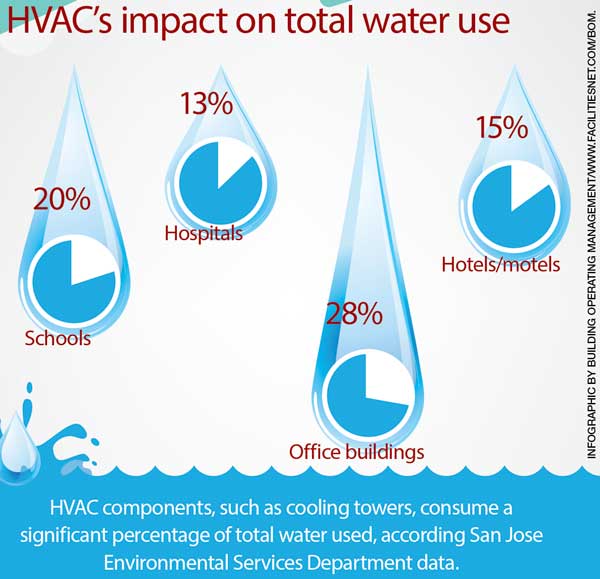The Future Of Home Home Heating - How Heatpump Innovation Is Developing
The Future Of Home Home Heating - How Heatpump Innovation Is Developing
Blog Article
Author-Fraser Dominguez
Heat pumps will be a crucial modern technology for decarbonising home heating. In a situation consistent with governments' introduced power and climate dedications, their international capability increases by 2030, while their share in heating rises to one-quarter.
They work best in well-insulated homes and count on power, which can be provided from a renewable power grid. Technological developments are making them a lot more reliable, smarter and cheaper.
Gas Cells
Heat pumps utilize a compressor, cooling agent, coils and followers to relocate the air and warm in homes and home appliances. They can be powered by solar power or electrical energy from the grid. They have been getting appeal because of their low cost, silent procedure and the capacity to produce power during peak power need.
Some firms, like IdaTech and BG MicroGen, are working with gas cells for home heating. These microgenerators can change a gas central heating boiler and generate some of a home's electrical needs with a link to the power grid for the remainder.
However there are reasons to be skeptical of using hydrogen for home heating, Rosenow claims. It would be expensive and inefficient compared to various other technologies, and it would certainly add to carbon emissions.
Smart and Connected Technologies
Smart home technology allows home owners to link and regulate their gadgets from another location with the use of smartphone apps. As an example, smart thermostats can learn your home heating preferences and instantly adjust to optimize power consumption. Smart illumination systems can be managed with voice commands and instantly turn off lights when you leave the space, minimizing power waste. And wise plugs can keep track of and manage your electric use, enabling you to determine and limit energy-hungry home appliances.
The tech-savvy household illustrated in Carina's meeting is an excellent picture of how residents reconfigure room heating practices in the light of new wise home technologies. They count on the gadgets' automated features to perform day-to-day modifications and concern them as a practical ways of conducting their home heating practices. Therefore, they see no reason to adjust their practices even more in order to make it possible for flexibility in their home power demand, and treatments targeting at doing so may encounter resistance from these houses.
Electricity
Since warming homes accounts for 13% of US emissions, a switch to cleaner choices could make a huge difference. But the technology encounters obstacles: It's pricey and requires considerable home improvements. And it's not constantly compatible with renewable energy resources, such as solar and wind.
Till lately, electrical heatpump were as well expensive to compete with gas models in a lot of markets. But new technologies in design and materials are making them a lot more economical. And much better cold climate performance is enabling them to operate well even in subzero temperature levels.
The next action in decarbonising home heating may be using warm networks, which attract warmth from a main source, such as a close-by river or sea inlet, and distribute it to a network of homes or structures. That would reduce carbon discharges and enable houses to capitalize on renewable energy, such as environment-friendly power from a grid provided by renewables. This alternative would certainly be less costly than switching to hydrogen, a nonrenewable fuel source that calls for brand-new framework and would only decrease carbon dioxide exhausts by 5 percent if coupled with boosted home insulation.
Renewable Energy
As electrical power rates drop, we're starting to see the same trend in home heating that has actually driven electrical automobiles into the mainstream-- however at an even much faster pace. The solid environment instance for electrifying homes has been pushed even more by brand-new study.
Renewables represent a substantial share of contemporary heat usage, but have actually been given minimal plan attention worldwide compared to various other end-use industries-- and even much less attention than electrical power has. In relevant web-site , this shows a mix of consumer inertia, split rewards and, in several nations, subsidies for nonrenewable fuel sources.
New modern technologies could make the change simpler. For instance, heat pumps can be made more power reliable by replacing old R-22 cooling agents with new ones that do not have the high GWPs of their predecessors. Some specialists likewise imagine area systems that attract warmth from a nearby river or sea inlet, like a Norwegian arm. The warm water can then be made use of for cooling and heating in a neighborhood.